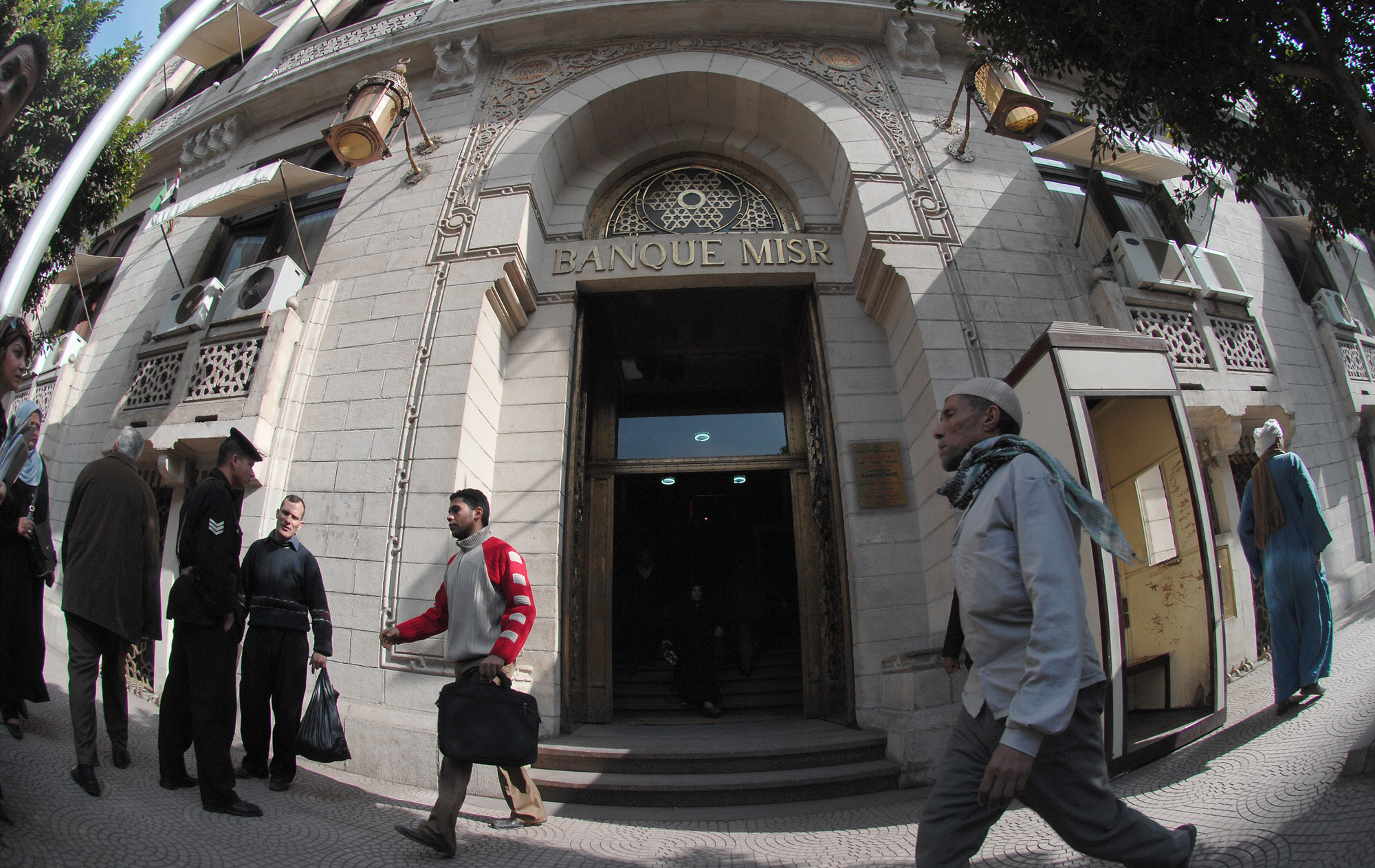Omar Najim, Executive Director of the Department of Health – Abu Dhabi, said on Monday that the biggest challenge in the fight against the novel coronavirus (COVID-19) is providing appropriate storage and shipment for vaccines.
He added that the delivery of the vaccines is no longer the only challenge, as proper shipment and storage according to accurate standards ensures vaccine effectiveness.
During a webinar on Monday, Najim said that COVID-19 vaccines need to be stored at low temperatures of between -80° and -20° degrees Celsius. This, in turn, requires several steps to supply the vaccine from pharmaceutical factories to medical centres.
He stressed that the Health Department’s role is to deal with vaccines, which need a strong supply chain at the right temperature at the right time, to ensure the effectiveness of the vaccine.
Bader Al-Ali, Senior Cargo Commercial Manager at Etihad Airlines, said that with air travel coming to a halt in 2020, airlines were severely affected, and there were increasing demands for air freight, not only by the health sector.
He added that the need for air transportation has also increased, because vaccines need to be shipped at certain temperatures, which is difficult to provide in sea transportation.
Al-Ali told Daily News Egypt that the Hope Consortium, a vaccine distribution and supply chain collective, can support Egypt in the process of manufacturing COVID-19 vaccines locally. This support can come through transferring and providing the necessary equipment to prepare the Egyptian factories, as well as providing the raw materials needed to manufacture the vaccines.
He said that the raw materials needed to manufacture the vaccine need intensive care, because they are as sensitive as the vaccine itself, which requires modern methods of transportation.
Al-Ali added that when there is a need to add new international destinations for transport, the consortium can prepare small and large planes to facilitate the process of transporting the vaccines.
Robert Sutton, Head of the Logistics Sector at Abu Dhabi Ports, said that the ports are responsible for preparing an effective chain for transporting vaccines from the factory to the medical centres for receiving the vaccine.
He also said that the supply process starts from the production factories, with the vaccines then stored at Abu Dhabi Port.
The vaccines will then be sent to the countries that need them, with Sutton highlighting that the port’s storage capacity is 120 million doses of each type, and in different conditions.
Sutton also stressed the importance of tracking the conditions in which vaccines are stored in importing countries, in order to ensure the vaccine’s effectiveness.
He has also noted that the Hope Consortium can provide any assistance to countries, and is ready to implement support programmes to provide COVID-19 vaccines and improve the health conditions of any country.
Carl Hemus, COO of Maqta Gateway, said that his company has developed a blockchain technology-based system that ensures that vaccines are traceable and delivered from manufacturing countries to people in need. The system also ensures that the vaccine delivery takes place around the world safely, transparently, and on time.
The Hope Consortium is Abu Dhabi’s commitment to the global battle against the COVID-19 pandemic, facilitating vaccine delivery around the world. It aims to build capacity to deliver 18 billion vaccine doses by the end of 2021 to support humanity.




